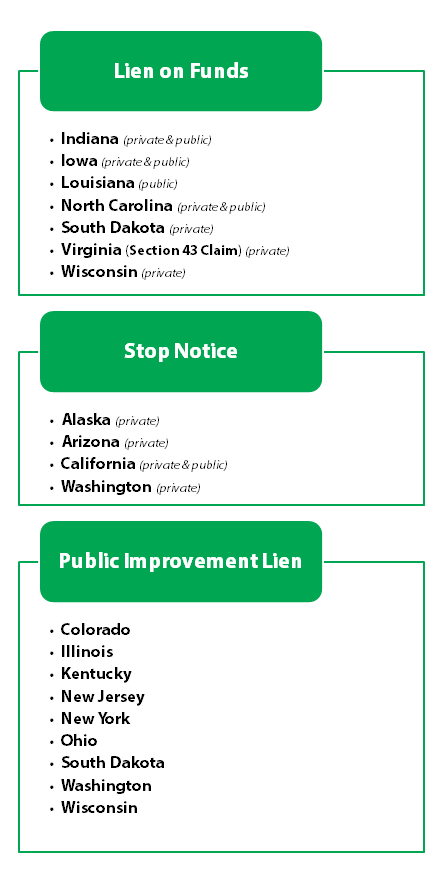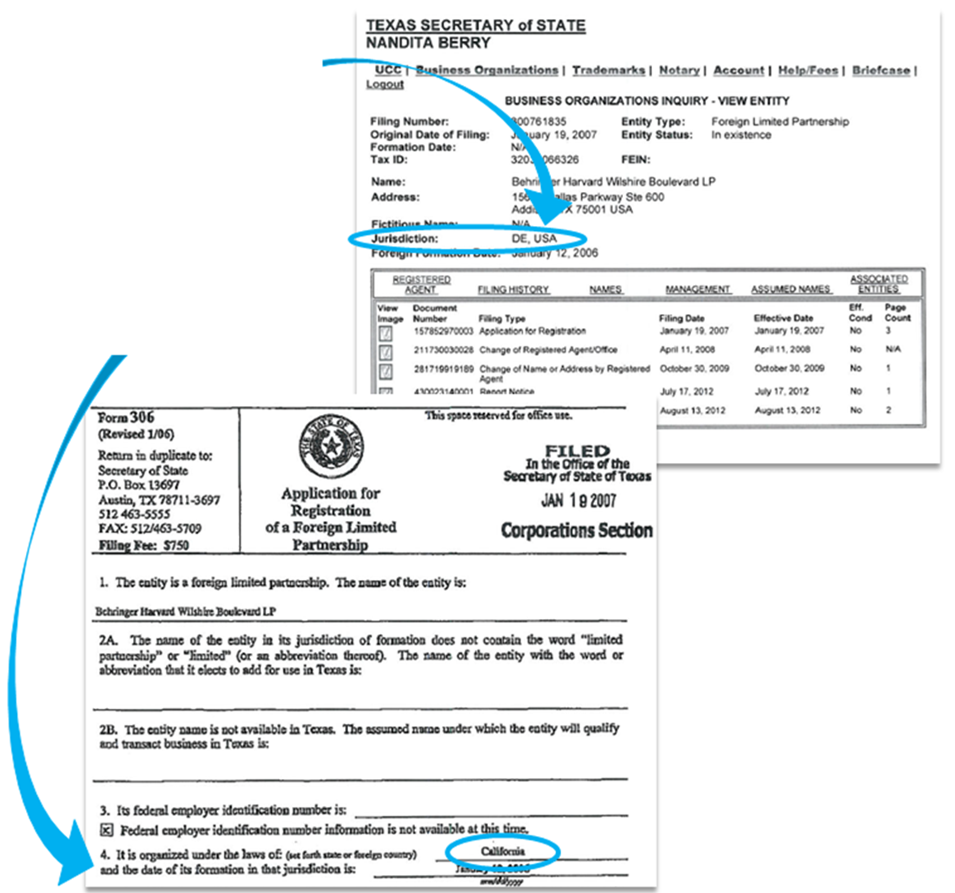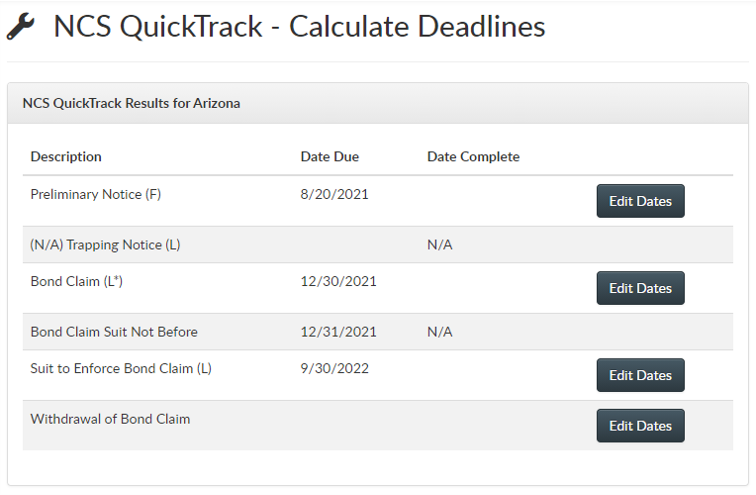
Your Customer Defaults, You Filed a UCC – Now What?
Congratulations, you filed a UCC to position yourself as a secured creditor! Unfortunately, your customer has defaulted on payments. You have attempted to work with your customer regarding their past due account, but they are still unable to meet the commitment – now what?
Any time your customer has defaulted on payments, we recommended you take immediate action to recover the funds; the longer an account remains unpaid, the harder it becomes to collect. A great, and relatively inexpensive, first step is to send a Demand Letter. A demand letter is a demand served upon your debtor, advising legal action may be taken if payment is not received within a specified time frame.
In the event the demand letter does not prompt payment, you may need to proceed with further legal action. Your next course of action is dictated by the type of UCC you filed.
Did you file a PMSI UCC?
If your customer has defaulted on payment(s) and you have filed a Purchase-Money-Security-Interest (PMSI) UCC, you need to determine whether or not you would like your equipment/inventory (aka goods) back.
- If you do not want your goods back, you can place your claim with an attorney to file suit. By filing suit, you may receive Judgment, which allows you to garnish accounts and/or attach to assets.
- If you do want your goods back, and your customer has the goods, you have the right to repossess without disturbing the peace.
If you are unable to peacefully repossess the inventory/equipment, you could take legal action by filing a temporary restraining order or by filing suit against your debtor.
Did you file a Blanket UCC?
If your customer has defaulted on payment(s) and you have filed a Blanket UCC, you could place the outstanding debt with a collection agency or file suit against your debtor.
Has your customer filed bankruptcy?
Keep in mind, the bankruptcy court freezes all debtor assets.
- If your customer filed Chapter 7: File your secured proof of claim, regardless of whether you filed a PMSI or Blanket UCC.
- If your customer filed Chapter 11:
- PMSI UCC: If you would like your goods back and your goods are at your customer’s location, contact the Trustee to repossess. If the Trustee is uncooperative, you may need to take additional legal action.
- Blanket Filing: File a secured proof of claim and monitor for distribution.
Of course, as in any situation, it is in your best interest to seek legal advice and it is important to remember, a UCC filing is a remedy and not a cause of action in suit.









